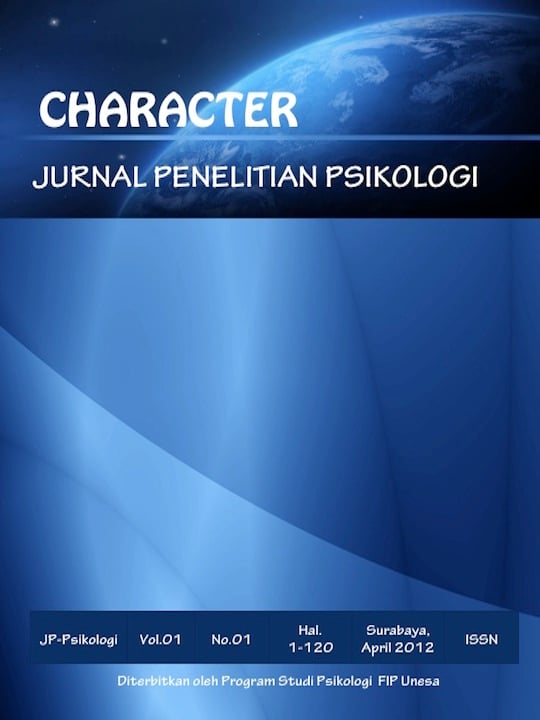The Application of Awareness Training to Increase Self-Confidence in Young Athletes
DOI:
https://doi.org/10.26740/cjpp.v10i1.53343Abstract
The purpose of this research is to describe the application of awareness training to increase the self-confidence of young athletes. Self-confidence supports the formation of training commitments, skills development, involvement in competition, and potential physical abilities for future sports. Using a quantitative experimental method, with a quasi experimental design, and pretest-posttest control group design. Sampling used saturated sampling with a population of 24 young DBON athletes. Using the Kolmogorov Smirnov normality test. Using the paired t-test hypothesis test and gain score. The results of the paired t-test showed that the significance value of the pre-test and post-test pairs of the experimental group was 0.000, which means that there was a significant difference in average. The gain score test results showed an increase in the experimental group 8.17, while in the control group 1.83. The application of awareness training is effective in increasing the self-confidence of young athletes. The significant increase in the self-confidence of young athletes after awareness training can be seen from the significant difference in the mean between the pre-test and post-test in the experimental group. This shows that awareness training has the potential to increase self-confidence and provide benefits for coaching young athletes.
Downloads
Downloads
Published
How to Cite
Issue
Section
License
Authors who publish in this journal agree to the following terms:
Copyright in any article is held by the author.
The author grants the journal, publication rights with the work simultaneously licensed under a Creative Commons Attribution License that allows others to share the work with an acknowledgment of the work's authorship and initial publication in this journal.
Authors may enter into separate, additional contractual arrangements for the non-exclusive distribution of the journal's published version of the work (e.g., posting it to an institutional repository or publishing it in a book), with an acknowledgment of its initial publication in this journal.
Authors are permitted and encouraged to post their work online (e.g., in an institutional repository or on their website) prior to and during the submission process, as this can lead to productive exchanges, as well as earlier and greater citation of published work.
 Abstract views: 277
,
Abstract views: 277
, PDF Downloads: 459
PDF Downloads: 459





